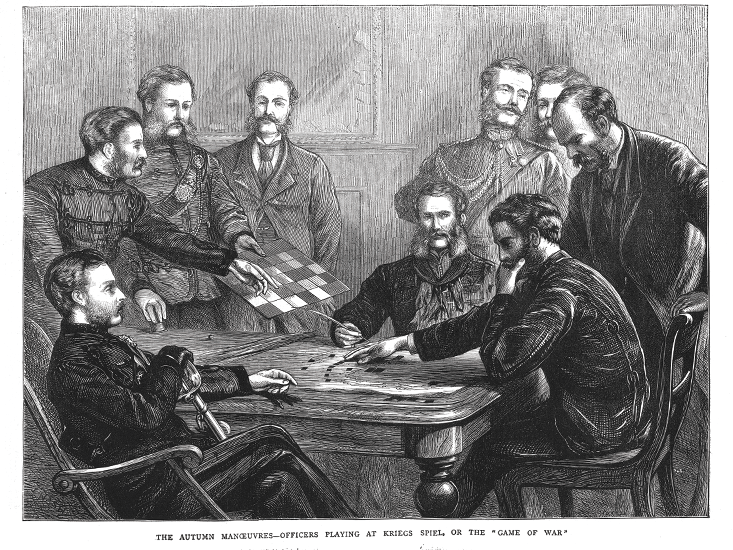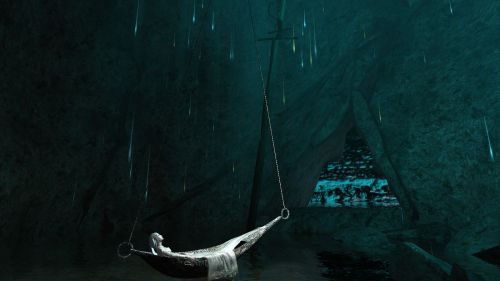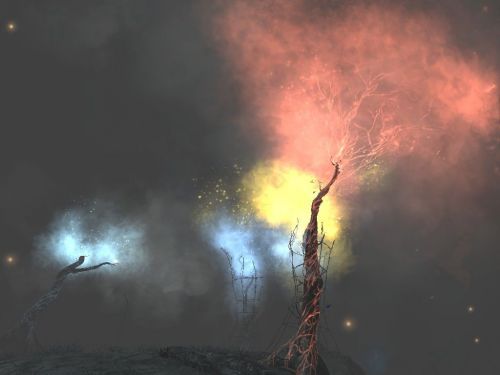- Joined
- Sep 1, 2020
- Messages
- 1,455
What games would you recommend to someone who is not a gamer, but is of reasonably high IQ, has good taste and is not scared of computers?
These are some of the traits I'm looking for:
Blade Runner (1997)

It's a great adventure game in its own right, but avoids some of the potentially frustrating mechanics of adventure games(such as using item x on y; or combining items from the inventory). Instead, you're just doing your routine policework, talking to people, gathering evidence, etc.. The game doesn't tell you when you're doing something that you could be doing in another way; that, and some amount of randomization each playthrough, makes it quite replayable. Aesthetics are a high point; a lot of it is lifted from the movie, but there's still a lot that is original and it all fits seamlessly. It's just a good game that isn't trying to be anything other than a game, but even outsiders should be able to appreciate how special it is.
Tomb Raider (1996)
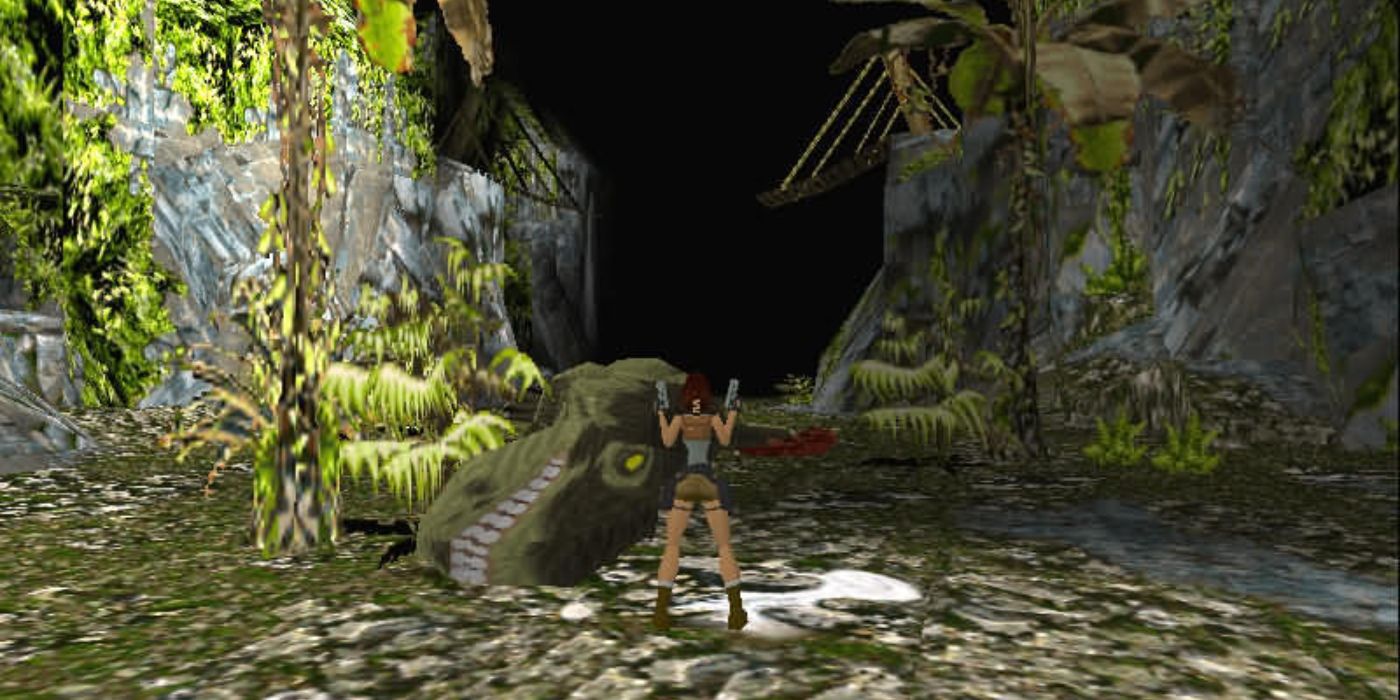
Why Tomb Raider, the franchise that everyone knows? Because it still filters people to these days(I just came across this article when looking up images for this post). It's particularly because Lara is so popular that it's important to set the record straight. Many people, specially younger, haven't played the originals and have a distorted idea of what the games are about. In fact, the original Tomb Raider (and its immediate sequels) stand in antithesis to the new-gen entries in basically everything. The levels are open and multilayered, not tunnel-shaped and linear; gameplay relies on correct use of core mechanics, instead of "press X to do random thing"; it's understated and mysterious rather than dramatic; the protagonist is an aristocratic, free-spirited explorer, not a confused teenager; she's cool and badass with no justification, "backstory" is irrelevant.
While being somewhat challenging at times and perhaps occasionally frustrating if you aren't used to some of the conventions of puzzle games, these challenges are easy to overcome with a minimum of perseverance. Most levels can be cleared in an hour or so.
Fallout (1997)
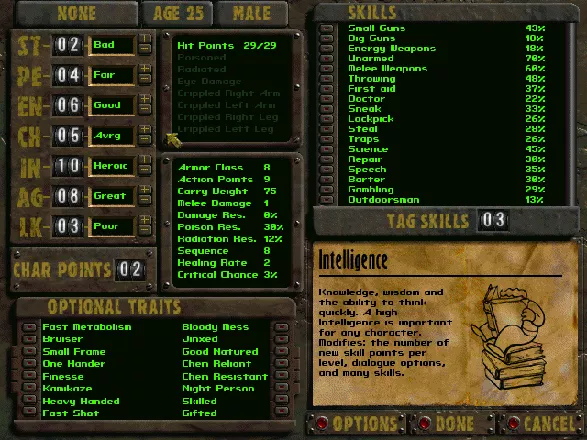
Not much needs to be said about this one here. I'm including it because it's such a perfect beginner RPG. You don't need to know anything about RPGs, or to have played or have an interest in D&D. It's very short compared to most RPGs. Most importantly, it introduces you to some of the genre's most unique conventions in very simple and effective ways: choosing to play solo or with a team; choices & consequences; character creation and customization, are some of the most important. It's not aesthetically derivative, instead it inspired many other works, both in videogames and outside. Just like with Tomb Raider, it's become a mainstream franchise, so it's important to set the record straight. Why is it important? Not only because it's true, but because it shows that games can be more than you think. If Fallout 3 and Tomb Raider 2013 were the pinnacle of videogames, it'd be a worthless medium and a waste of time.
Mafia (2002)
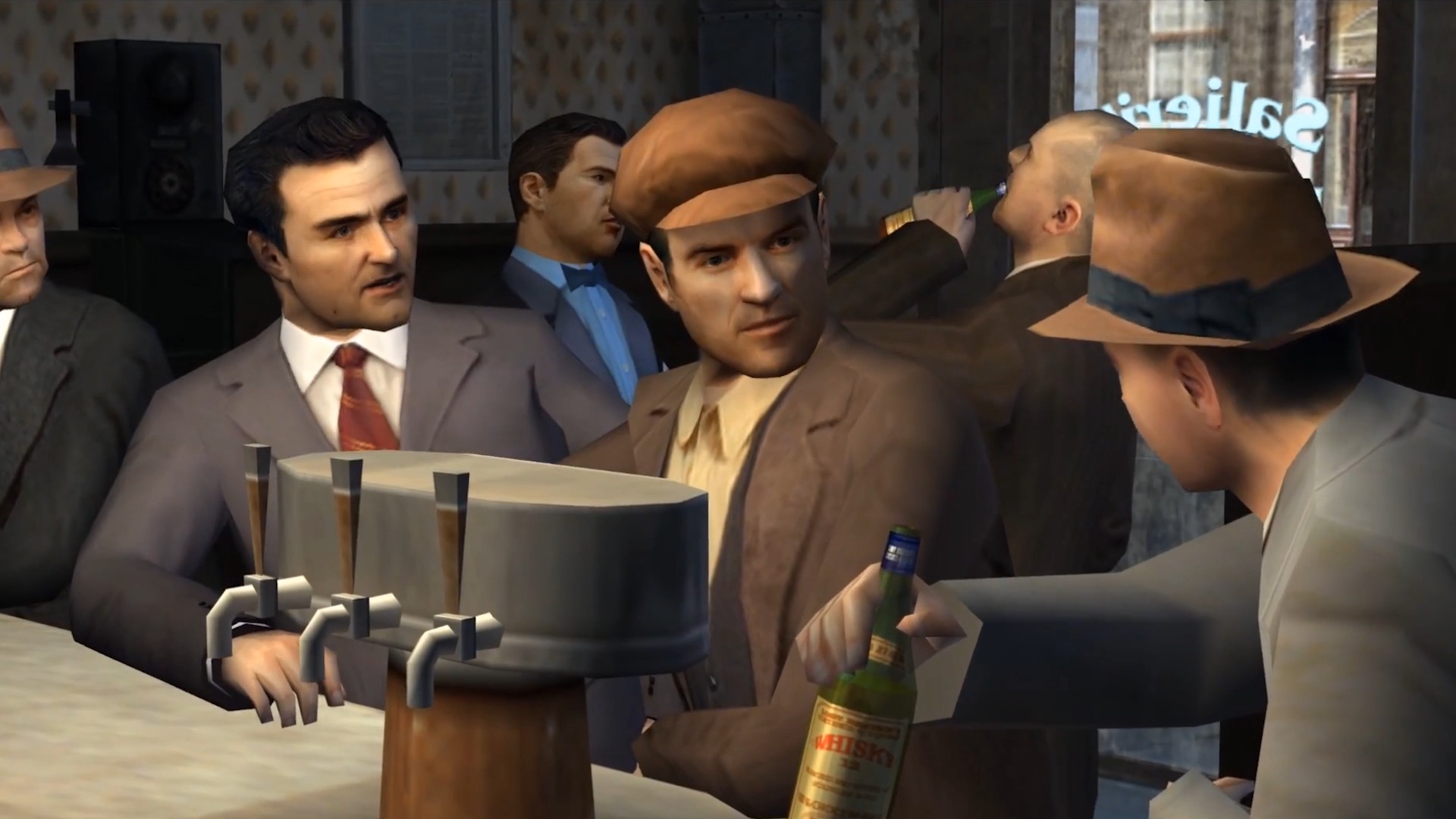
Most people under 50 have played at least one of the 3D GTA games. While I'm a big fan of those up until IV, Mafia is interesting for what it does differently. The fun in GTA is in ignoring the rules, while in Mafia it's playing within the rules. For starters, you have to obey laws: speeding, running red lights or carrying a weapon in public will lead to the police chasing you. Missions constantly challenge you to figure things out for yourself and allow a great deal of freedom. Historical authenticity is taken very seriously and is combined with a great sense of style(the graphics still hold up very well). It's also one of the best examples of "cinematic presentation" in videogames, something which is a lot rarer than you're lead to believe by the press. The original PC version is superior.
Civilization II (1996)
I've heard from countless non-gamers that at some point in their lives they became hopelessly addicted to this game. It's easy to see why. It gets more interesting with each turn, as each civilization finds its borders and develops relations with/starts plotting against its neighbors. Fans of the series will each have their own opinion regarding the best game in the series, I think Civ II is good place to start and still looks great. If you like Civ, you're ready to try the pinnacle of the genre: Alpha Centauri.
Alpha Centauri (1999)

What if every civilization in Civ wasn't a variation of each other, but diverged significantly based on ideology? What if a new planet was colonized not by a single people, but a variety of peoples possessing radically different views on things such as ecology, development, freedom? What if the planet was alive and reacted to how it was treated? This games takes all those concepts and applies them to the Civ formula, with fantastic results. I can easily imagine it being adapted to a variety of other media.
[EDIT: added a couple more games]
These are some of the traits I'm looking for:
- Should not require a huge time investment to appreciate (so most RPGs and autistic map coloring sims are out).
- Very little to no modding required (everything that needs a "modding guide" is out).
- Elegant, rather simple core mechanics that can be picked up by non-gamers. A bit of challenge is OK.
- Probably not too edgy, shocking, or gratuitous (GTA, Carmageddon, MK, that sort of thing).
- Should filter people with bad taste and low IQ.
- Emulation is OK.
Blade Runner (1997)

It's a great adventure game in its own right, but avoids some of the potentially frustrating mechanics of adventure games(such as using item x on y; or combining items from the inventory). Instead, you're just doing your routine policework, talking to people, gathering evidence, etc.. The game doesn't tell you when you're doing something that you could be doing in another way; that, and some amount of randomization each playthrough, makes it quite replayable. Aesthetics are a high point; a lot of it is lifted from the movie, but there's still a lot that is original and it all fits seamlessly. It's just a good game that isn't trying to be anything other than a game, but even outsiders should be able to appreciate how special it is.
Tomb Raider (1996)

Why Tomb Raider, the franchise that everyone knows? Because it still filters people to these days(I just came across this article when looking up images for this post). It's particularly because Lara is so popular that it's important to set the record straight. Many people, specially younger, haven't played the originals and have a distorted idea of what the games are about. In fact, the original Tomb Raider (and its immediate sequels) stand in antithesis to the new-gen entries in basically everything. The levels are open and multilayered, not tunnel-shaped and linear; gameplay relies on correct use of core mechanics, instead of "press X to do random thing"; it's understated and mysterious rather than dramatic; the protagonist is an aristocratic, free-spirited explorer, not a confused teenager; she's cool and badass with no justification, "backstory" is irrelevant.
While being somewhat challenging at times and perhaps occasionally frustrating if you aren't used to some of the conventions of puzzle games, these challenges are easy to overcome with a minimum of perseverance. Most levels can be cleared in an hour or so.
Fallout (1997)

Not much needs to be said about this one here. I'm including it because it's such a perfect beginner RPG. You don't need to know anything about RPGs, or to have played or have an interest in D&D. It's very short compared to most RPGs. Most importantly, it introduces you to some of the genre's most unique conventions in very simple and effective ways: choosing to play solo or with a team; choices & consequences; character creation and customization, are some of the most important. It's not aesthetically derivative, instead it inspired many other works, both in videogames and outside. Just like with Tomb Raider, it's become a mainstream franchise, so it's important to set the record straight. Why is it important? Not only because it's true, but because it shows that games can be more than you think. If Fallout 3 and Tomb Raider 2013 were the pinnacle of videogames, it'd be a worthless medium and a waste of time.
Mafia (2002)

Most people under 50 have played at least one of the 3D GTA games. While I'm a big fan of those up until IV, Mafia is interesting for what it does differently. The fun in GTA is in ignoring the rules, while in Mafia it's playing within the rules. For starters, you have to obey laws: speeding, running red lights or carrying a weapon in public will lead to the police chasing you. Missions constantly challenge you to figure things out for yourself and allow a great deal of freedom. Historical authenticity is taken very seriously and is combined with a great sense of style(the graphics still hold up very well). It's also one of the best examples of "cinematic presentation" in videogames, something which is a lot rarer than you're lead to believe by the press. The original PC version is superior.
Civilization II (1996)
I've heard from countless non-gamers that at some point in their lives they became hopelessly addicted to this game. It's easy to see why. It gets more interesting with each turn, as each civilization finds its borders and develops relations with/starts plotting against its neighbors. Fans of the series will each have their own opinion regarding the best game in the series, I think Civ II is good place to start and still looks great. If you like Civ, you're ready to try the pinnacle of the genre: Alpha Centauri.
Alpha Centauri (1999)

What if every civilization in Civ wasn't a variation of each other, but diverged significantly based on ideology? What if a new planet was colonized not by a single people, but a variety of peoples possessing radically different views on things such as ecology, development, freedom? What if the planet was alive and reacted to how it was treated? This games takes all those concepts and applies them to the Civ formula, with fantastic results. I can easily imagine it being adapted to a variety of other media.
[EDIT: added a couple more games]
Last edited:












